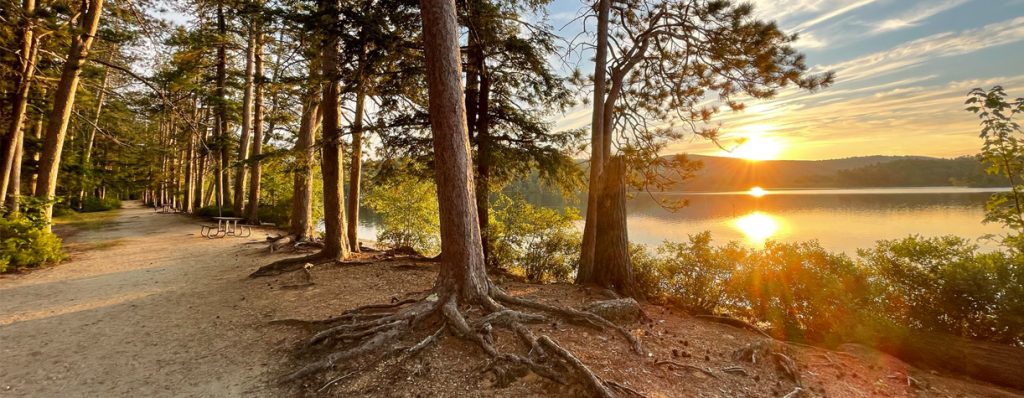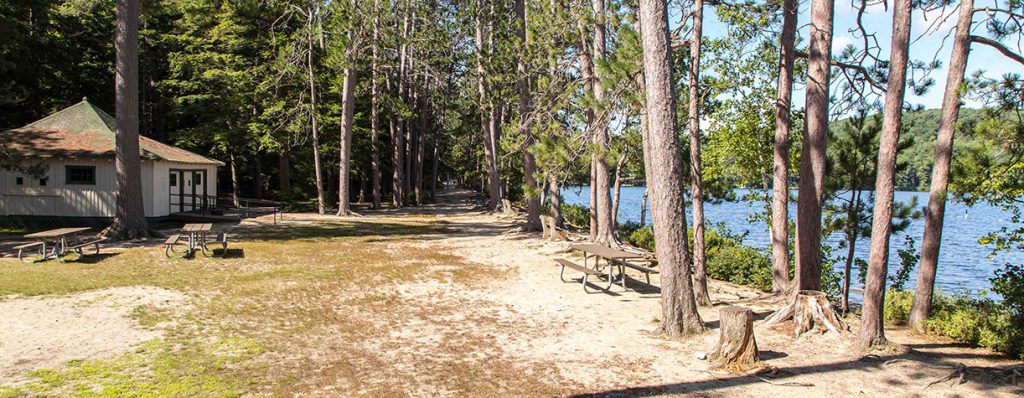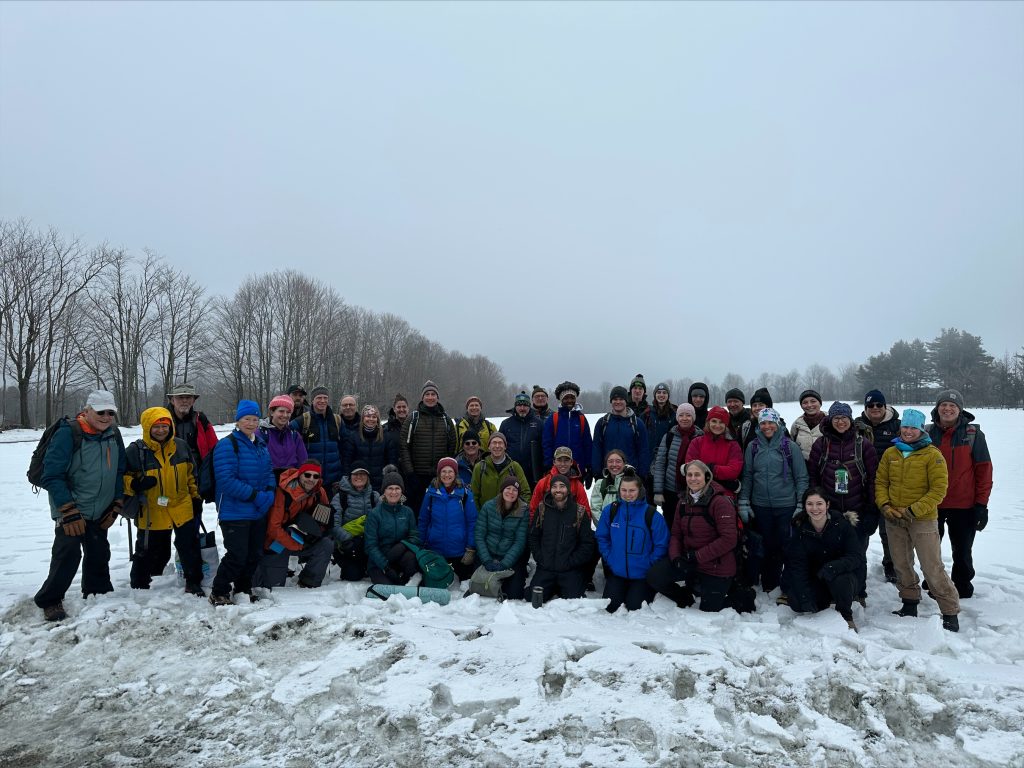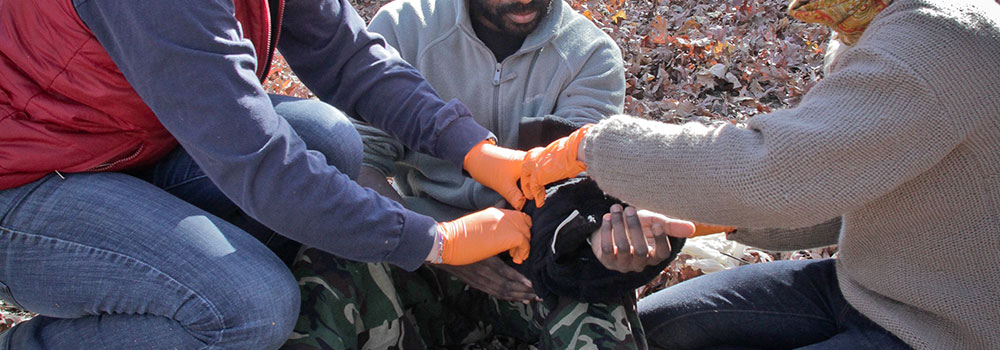Join us for a Lakeside Potluck at the historic Wadleigh State Park Boathouse on beautiful Kezar Lake in North Sutton, NH., Monday, July 8th at 5:30pm.
The evening will begin with a Potluck Supper starting at 5:30 pm. Meet other SRK Greenway members and join in the fun. All are welcome to join but please bring a dish to share and something to drink.

The Sunapee Ragged Kearsarge Greenway Board will hold a short meeting following the potluck. The Board Chair will lead this brief business meeting to provide a quick update on the current issues the SRK Board is working on.
Thru-Hiker Awards — Hikers who have completed all 75-miles of the SRK trail system are encouraged to fill out the Trail Completion Log and let us know so we can prepare and present you with a certificate at the meeting. There will be a short – but very official – awards ceremony to honor these dedicated hikers. If you can’t join us in person don’t fret, we will mail your certificate to you if we have an address.
Trail Completion Logs can be found on our website – follow this link to download a copy.
Kezar Hike — Following the Potluck, join other SRK members for a 3-mile hike around beautiful Kezar lake. If you have never walked around Kezar lake – this will be a great opportunity. It is a relatively flat 3-mile loop around Kezar lake with ample views of Kearsarge and the surrounding hills.

Details:
Monday, July 8th at 5:30pm
Wadleigh State Park is located at 78 Wadleigh State Park Road, North Sutton, NH.
There is ample parking in the State Park. The boathouse is near the shore with picnic tables and large bbq grills for everyone to share.
Rough Timing: Potluck to start around 5:30. Meeting at 6:30. Followed by hike around the lake.



